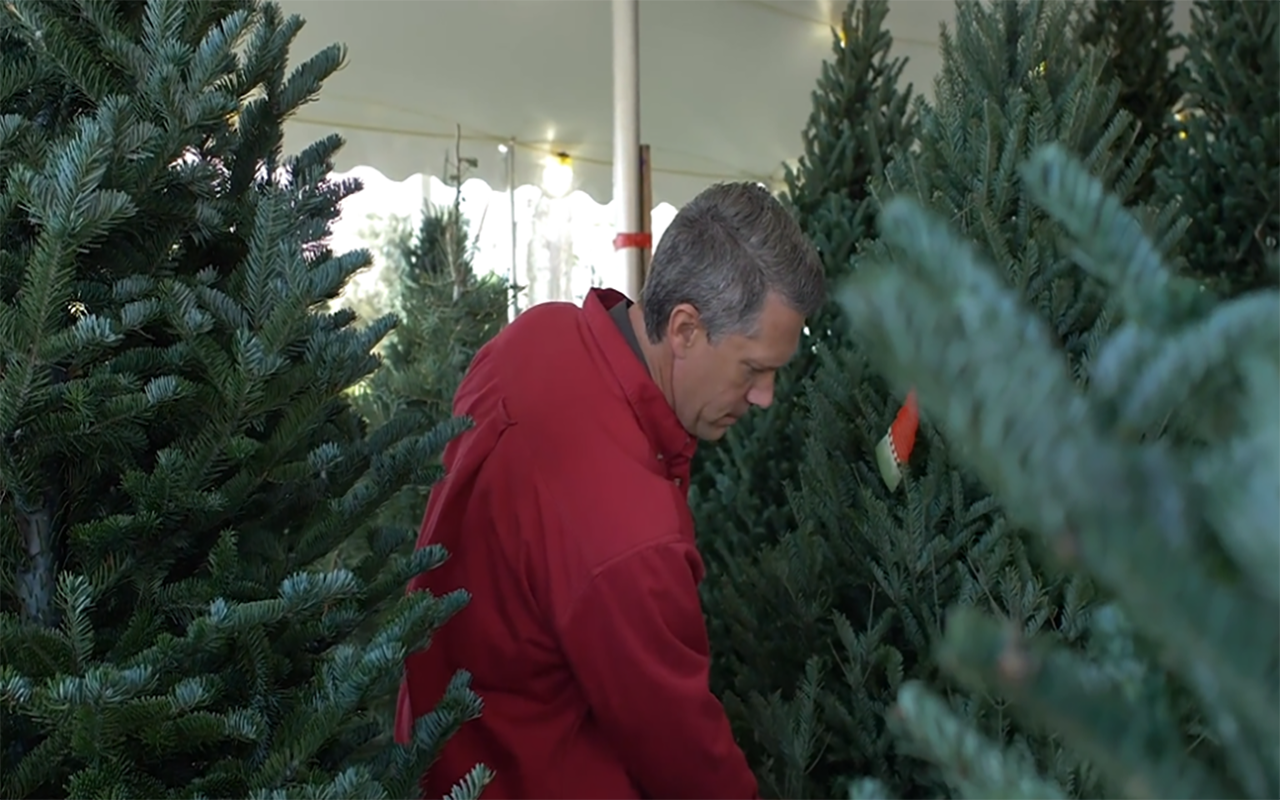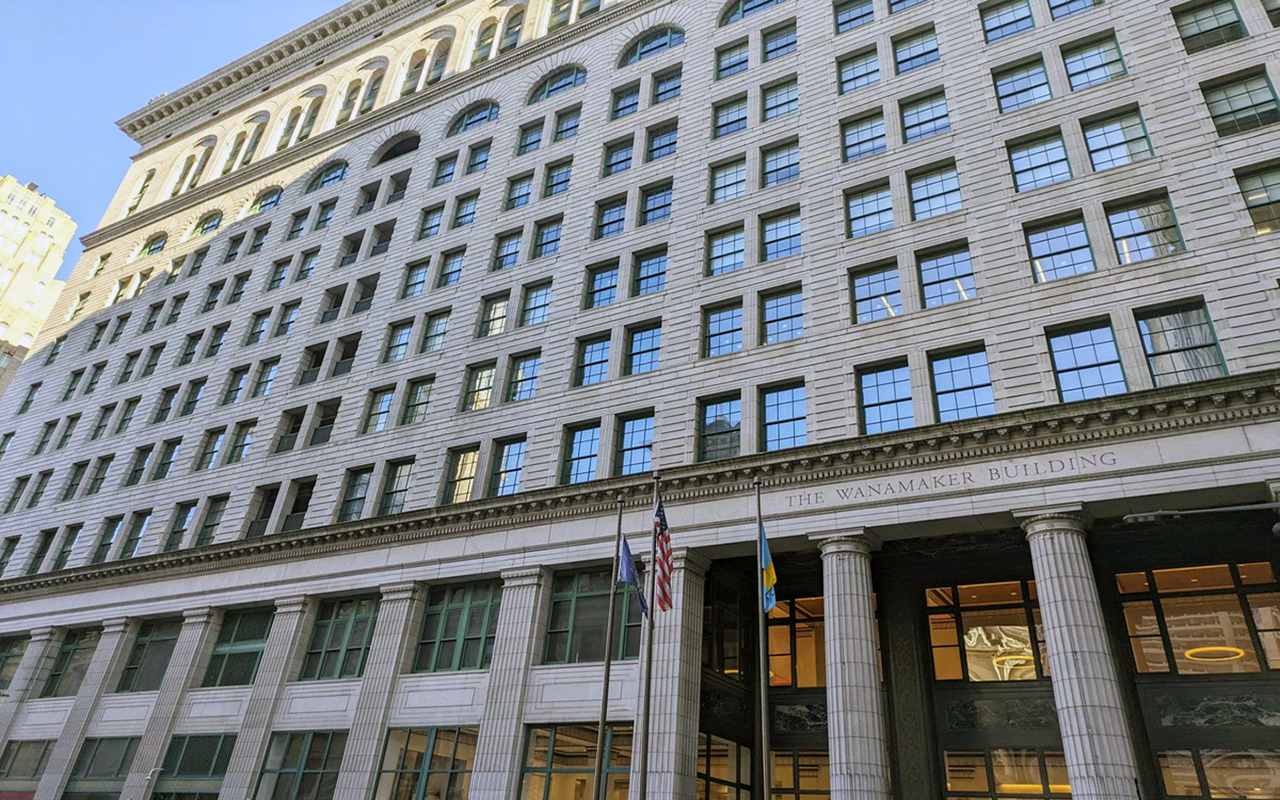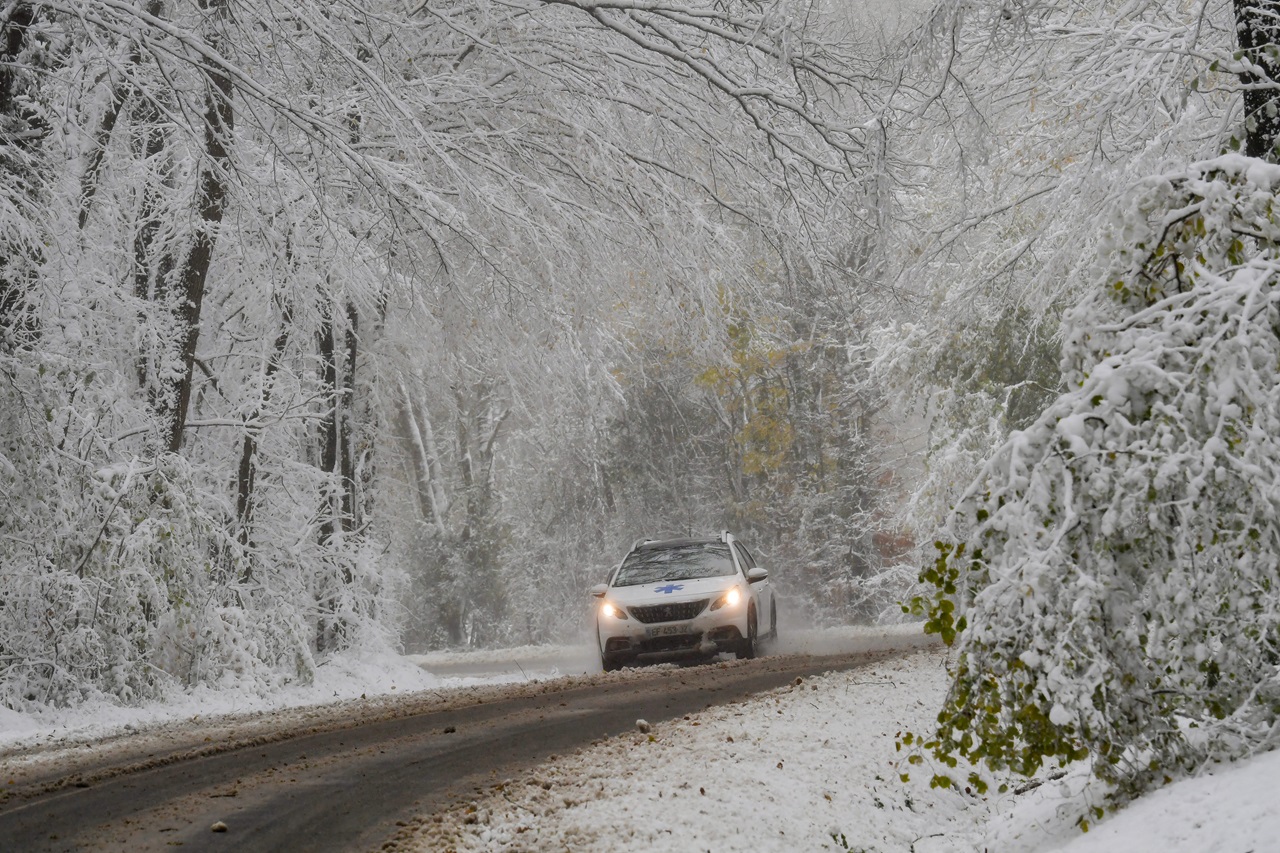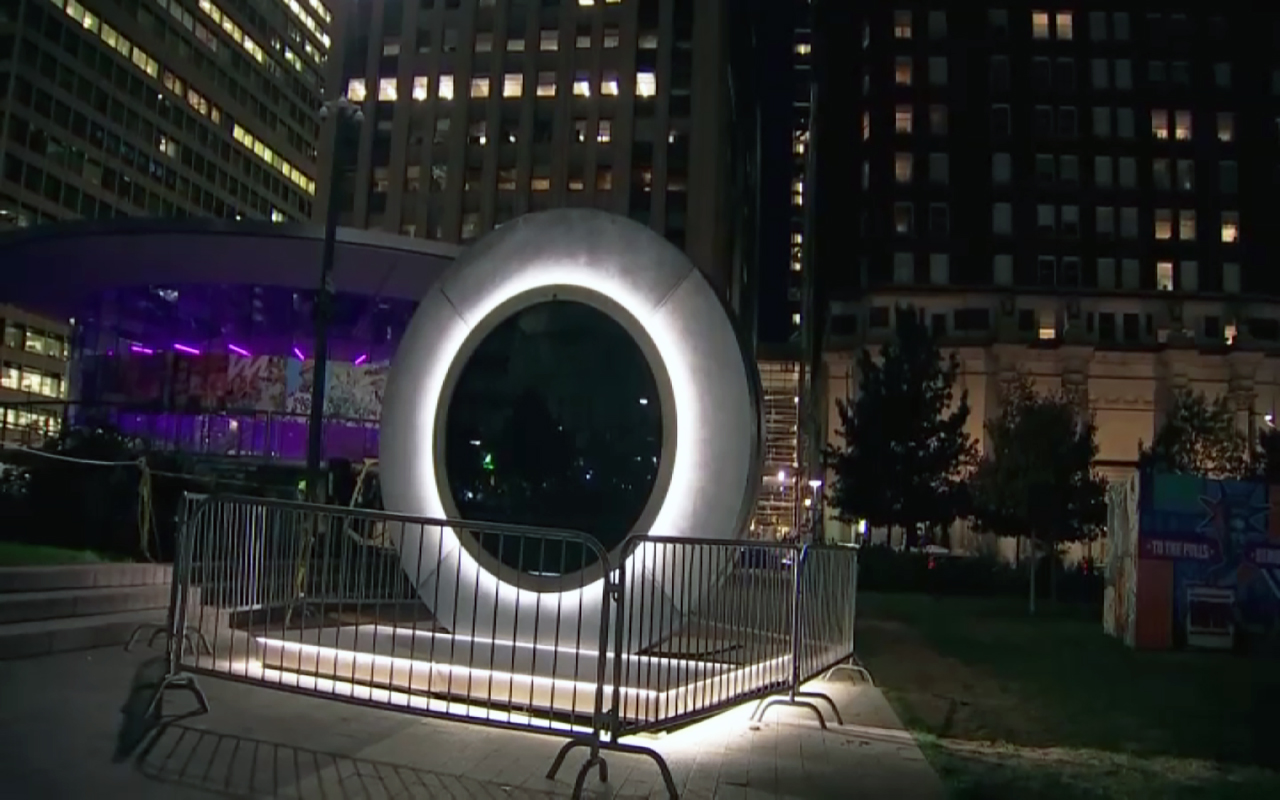
Philly, 35 other PA counties under drought watch, asked to conserve more water
Pennsylvanians are now being asked to practice water conservation amid a dry summer.
Water has been tough to come by of late. As more time passes, it grows harder to conserve what little is left. As the rising global temperatures further dry out all lakes, rivers, and important reservoirs that supply water for millions of people around the world, many local leaders globally are put in a situation where they have to ask their respective residents to practice water conservation and mandate certain water conservation strategies.
What has been an issue that has plagued the Southwest region of the U.S. more heavily than others because of the desert and dry heat, has now in recent time reached the east coast, specifically the northeast.
On Wednesday, Aug. 31, the Pennsylvania Department of Environmental Protection (DEP) issued a press release announcing that their task force, the Commonwealth Drought Task Force has declared a drought watch for Philadelphia, and 35 other surrounding counties that include Berks, Montgomery, Northampton, and Delaware.
“A few counties have experienced very dry conditions over the Summer, and a number of others have inched into increasingly dry conditions in recent weeks,” the department’s acting secretary Ramez Ziadeh said in a press release. We’re asking Pennsylvanians in all of these counties to use water wisely and follow simple water conservation tips to ease the demand for water.”
The department asked for voluntary water conservation and suggested what practices to start implementing to make sure there is water for the future. This includes cutting shower time, not letting water unnecessarily run, and even checking the water systems in residents homes as a leaking toilet for example can cost hundreds of gallons of wasted water. Per the press release, it also asks residents to reduce their individual use by five to 10%, or cut water use from three to six gallons per day.
While the drought watch is an order to help reduce and conserve water, according to the state’s drought coordinator, Susan Weavers, it can also serve as a first step for anyone to start watching their individual use if they did not before.
“That way we can start practicing better water usage and be prepared for the future in the event that we don’t get the type of rainfall that we typically get in this area,” she said.
RELATED CONTENT
According to the map curated by the DEP, a handful of counties currently sit in the normal watch zone, and 36 now being under drought watch — the next step. The step after drought watch is drought warning followed by drought emergency, which no Pennsylvania county currently occupies. Weaver also mentioned in her statement that while officials are not necessarily ready to impose any serious conservation measures like the rest of the world, they are monitoring the situation a lot closer.
“We pay attention to where we are with precipitation, our stream flows, our groundwater levels, and we want to communicate to people that we have dry conditions — Obviously many people who have seen that through the summer are aware of that,” said Weaver. “At this point, it’s hard to predict where we’re going to be in the future. It really depends on how much precipitation we do receive in the next several months.”
Heat is one of the main factors in the water shortages, as less rain has fallen on many cities and states used to a more frequent rain cycle. For Philadelphia and most of the world, this past Summer has been one of the hottest on record and as a result, less rain came and the water sources only continue to dry up. Additionally, a lot of buildings do not have air conditioning units or those that do, are simply not made to withstand the kind of heat being generated.
Over 118 schools in the Philadelphia area had to close early for two days this past week because of the heat, and many are not equipped with AC units.
This upcoming Fall and Winter will be vital for many as not only residents, but farmers and everything else in this world that relies on water.











LEAVE A COMMENT:
Join the discussion! Leave a comment.